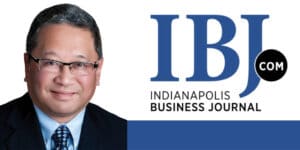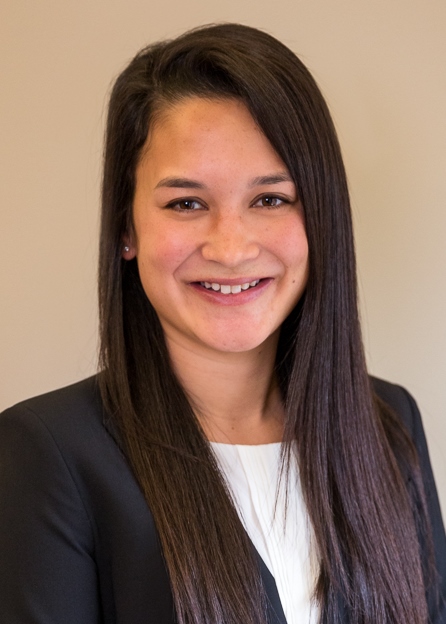
Why “free” is the most dangerous word in investing
Mickey Kim / September 9, 2022
There are a number of words/phrases used to pitch investment products that are “red flags” and should cause you to “raise your antenna” and activate your “BS detector.” These would include “bulletproof,” “guaranteed,” “high return/low-no risk,” “easy money” or “next hot thing.”
However, the most dangerous word of all is “free.” It sounds harmless and innocuous. Who doesn’t like free? That’s exactly the point; marketers know a “get something for nothing” come-on will attract the trusting and unsuspecting like moths to a flame.
Don’t be one of them!
On March 9, 2015, Charles Schwab Corp. and three of its investment adviser subsidiaries (together “Schwab”) launched a “robo-adviser” service (provides automated, software-based investment portfolio management to clients, with no human interface) called Schwab Intelligent Portfolios (“SIP”). SIP would invest clients’ money in a mix of funds optimized for their risk appetite, investment time horizon and tax situation. Other firms made similar claims about their robo-adviser services, but Schwab had a trump card up its sleeve; unlike other robo-advisers, Schwab would offer SIP with no advisory nor hidden fees charged for this service. Boom!
Schwab spends copious amounts of money on advertising, which implied investing in SIP allowed investors to keep more of their money than other advisory services that charged a fee. I can tell you from experience it’s very tough competing against “free,” but was Schwab’s SIP actually “free?”
On June 22, 2022, the Securities and Exchange Commission (“SEC”) charged Schwab with not disclosing it was allocating client funds in a manner its own internal analysis showed would be less profitable for its clients under most market conditions. Without admitting or denying the SEC’s findings, Schwab agreed to a cease-and-desist order prohibiting it from violating the antifraud provisions of the Investment Advisers Act of 1940, censuring it and requiring Schwab to pay $187 million to harmed clients to settle the charges.
As it turned out, Schwab’s real advantage was, unlike its investment adviser competitors (robo- and human), it owned an affiliated bank, Schwab Bank. SIP allocated a curiously large portion of assets in its portfolios (an average of at least 12.5%–range 6% to 29.4%) to Cash. Schwab Bank initially paid interest of 0.1% on this Cash, which it loaned out at higher interest rates. Schwab pocketed the difference (a cool $46 million on the spread) while continuing to advertise SIP was “free.”
Most investors want their investment portfolios to be invested (not in Cash earning 0.1%). For illustrative purposes, assume robo-advisers charge 0.5% of assets under management (“AUM”) and human managers 1.0%. The rub is, in a period when stocks are going up (the S&P 500 had a total return of 43% from March 2015-November 2018, the period the SEC alleges Schwab made false and misleading statements in its advertising and regulatory filings), you’d much rather be 100% invested and pay a fee of 0.5% or 1% than be 80% invested and have 20% of your portfolio earning 0.1%.
According to the SEC’s complaint, on February 18, 2015, about three weeks before SIP was launched, two articles were published in the media that were critical of SIP, claiming the drag from the high cash allocations was a hidden cost of the program. Schwab reacted by directing its Form ADV-Part 2A “Brochure” (a required regulatory filing for registered investment advisers) be re-written and a public relations campaign be launched to explain the SIP cash allocations. The new ADV Brochure and press materials were prepared and filed over the next two days.
The SEC alleged Schwab’s revised statements regarding the SIP Cash allocations were still misleading. While acknowledging Schwab Bank earned income from the Cash allocations, Schwab claimed the Cash allocations in SIP portfolios were “set based on a disciplined portfolio construction methodology designed to balance performance with risk management appropriate for a client’s goal, investing time frame, and personal risk tolerance, just as with other Schwab managed products.” In reality, Cash allocations were pre-set in order to reach minimum revenue targets and the portfolio construction team then applied its methodologies to create the rest of the portfolio, using the Cash allocation as a constraint written in stone.
The press release announcing the charges and Schwab’s settlement was instructive. “Schwab claimed that the amount of cash in its robo-adviser portfolios was decided by sophisticated economic algorithms meant to optimize its clients’ returns when in reality it was decided by how much money the company wanted to make,” said Gurbir S. Grewal, Director of the SEC’s Division of Enforcement. “Schwab’s conduct was egregious and today’s action sends a clear message to advisers that they need to be transparent with clients about hidden fees and how such fees affect clients’ returns.”
Businesses aren’t charities, so be very wary when someone offers you “commission-free” trades or “no fee” investment advisory services. You can be 100% certain they’re going to make money from you, but it’s up to you to figure out how. “Free” can be very costly, indeed!
The opinions expressed in these articles are those of the author as of the date the article was published. These opinions have not been updated or supplemented and may not reflect the author’s views today. The information provided in these articles does not provide information reasonably sufficient upon which to base an investment decision and should not be considered a recommendation to purchase or sell any particular stock or other investment.
Subscribe
Subscribe to stay up to date with the latest news, articles and newsletters from Kirr Marbach.












